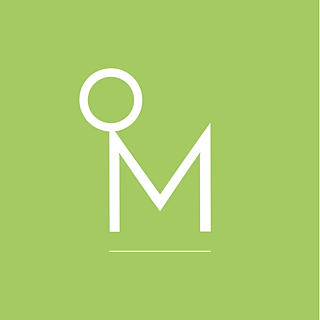Awareness Without Anticipation
- Rosie Lux
- Jun 1, 2018
- 3 min read
One of the best things about being a beginner in yoga is that it’s really hard to anticipate anything. You’re likely to be unfamiliar with most postures, you might have heard of down dog but otherwise it’s all going to be a voyage of discovery!
It's a shame that people who are beginners at yoga are anything other than delighted about this. You’ll never have these moments again, that single point of focus you had as a child learning to tie your shoe laces and the excitement when it all came together, it’s the same feeling the first few yoga classes. It’s impossible to mentally prepare for your meeting tomorrow when you’re not sure what ‘a vinyasa’ means and everyone seems to be moving in unison.
When life becomes routine, we lose awareness. Years ago I had a 30 minute drive to work, and I would arrive, not really sure how I got there. Colleagues would say ‘oh did you see the roadworks?’ and I wouldn’t have seen them…! My awareness was so minimal. Autopilot.
Now, I can’t believe I’m going to admit this, but yoga can become routine as well. Tias Little says ‘The greatest danger in yoga, that by necessity involves routine, is becoming mechanical and regimented. But yoga is a mind – body discipline and as such is an endless process of discovery and surprise.’ So if you practice regularly you’ll want to reconnect with your beginner mind set. We can all be beginners! We can all have that child like focus and concentration as we practice asana and pranayama.
Injuries can also act as invitations for awareness. They’re like roadworks on my old daily commute, they're a chance to find another way to move forward. I can get upset about that, annoyed my usual route isn’t available, or, see the diversion as an adventure.

I’m lucky enough to have been teaching some students for years now, they’ve got used to my style, the ways I describe postures, when to sit on a block and how to modify. So, to give them the ‘beginners’ experience, I describe poses in a different way, or, right now my favourite thing is to sequence postures on the second side in a different order. It’s unsettling (and yes sometimes students think I’ve made an error because, well, I do that often as well) students are expecting one pose, but in describing another, I’m inviting them back into the present moment. There’s no better place to be.
Experiencing awareness without anticipation. Are you doing that now? I suspect you’re thinking about something else at the same time as reading this article. Anticipation is anxiety, it’s living in the future. I know because I had anxiety, and it’s a route my mind knows well; when I’m busy, it will invite me down that path to worrying about the future. A yoga and meditation practice keeps me grounded.
Anxiety makes us feel like life is an emergency. Very often we’re already thinking about the next thing we need to accomplish before even completing the current task at hand.
I sometimes give the cue ‘notice if you’re mentally writing an email here’ in a yoga class. And there are always a few students who smile in recognition, they’ve been caught out! -This approach may be born from not wanting to be caught off guard, unprepared.
However, when we let go into the moment, our mind, body and breath begin to synchronise. In classes right now I’m finding I can give fewer breath cues (inhale arms up, exhale fold) because students are experiencing the synchonisity.
There’s inherent wisdom in our bodies. Yoga and meditation helps you reconnect with this, it makes for a wonderful, nourishing practice, and of course is a method for a more relaxed and fulfilling experience off the mat.
I'm so passionate about sharing my experience and the benefits of yoga and meditation that I produce a FREE podcast. You can subscribe here.





Commentaires